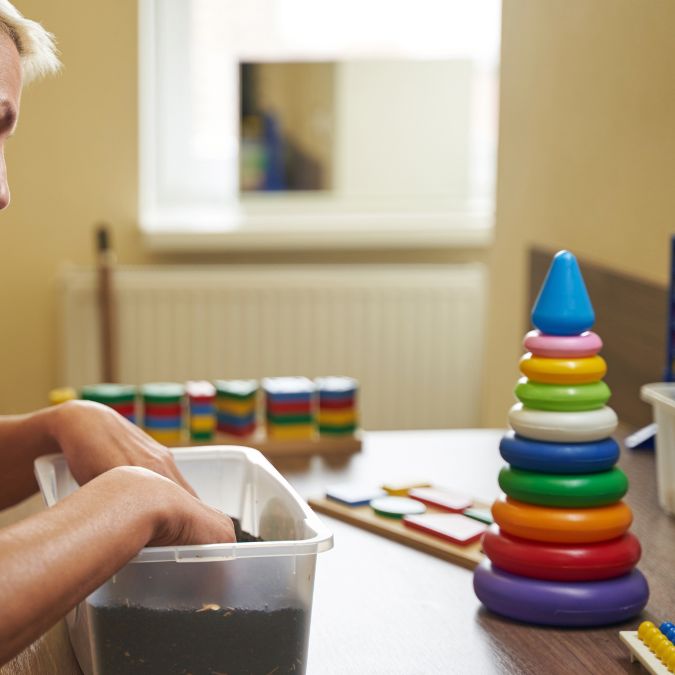For people with disabilities, gaining independence in daily life is an important step toward greater confidence and self-sufficiency. Occupational Therapy (OT) plays a crucial role in helping NDIS participants develop Daily Living Skills that enable them to participate more fully in everyday activities.
What Are Daily Living Skills?
Daily Living Skills are the essential tasks that people need to perform to take care of themselves and manage their day-to-day lives. These include:
– Personal care – Dressing, grooming, hygiene, and toileting.
– Meal preparation – Cooking, using kitchen appliances, and making healthy choices.
– Household tasks – Cleaning, laundry, and home organisation.
– Community participation – Using public transport, shopping, and engaging in social activities.
– Money management – Budgeting, handling cash, and using banking services.
How Occupational Therapy Helps Develop Daily Living Skills


